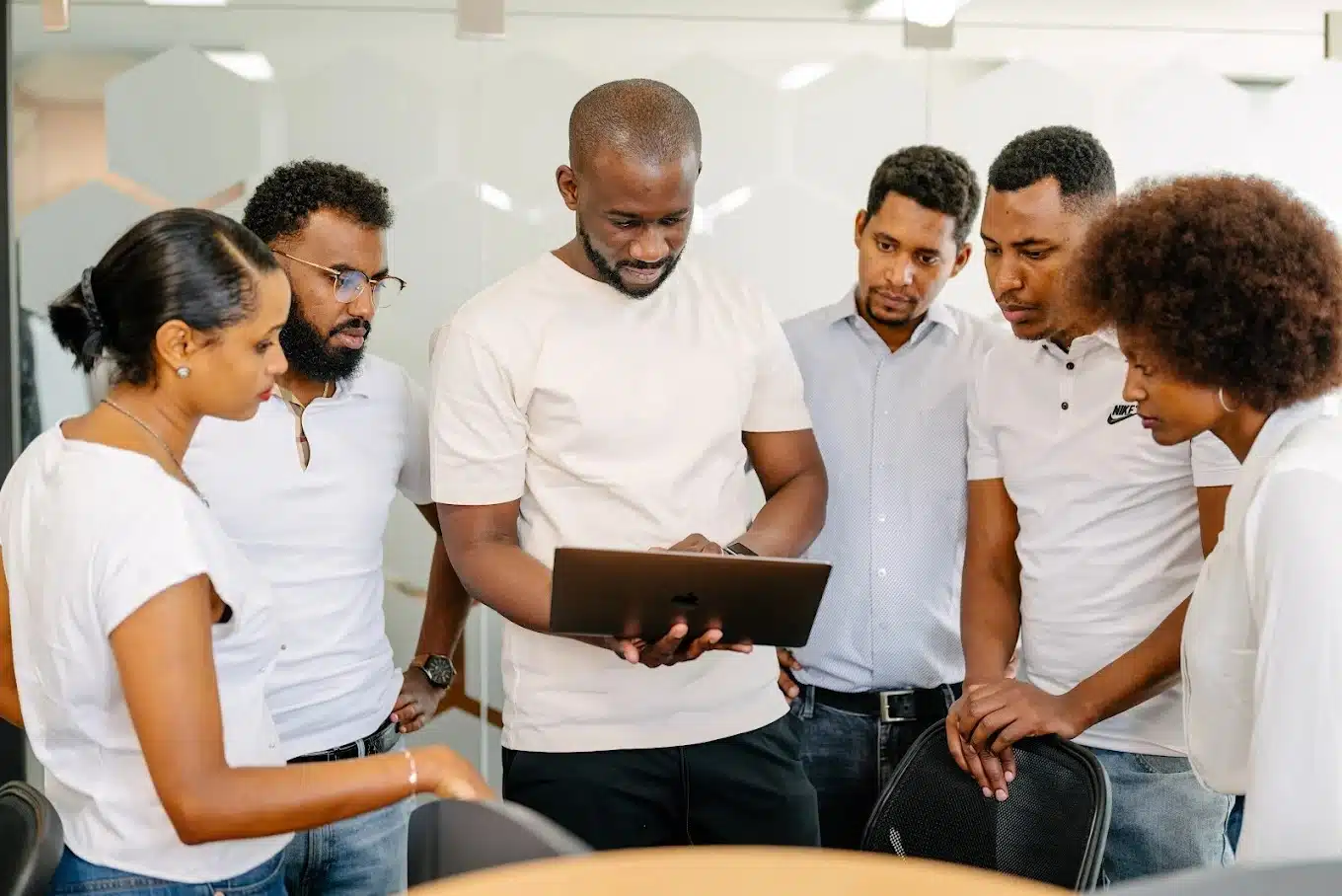Africa’s digital gaming ecosystem has grown rapidly in recent years, supported by wider smartphone adoption, cheaper data plans, and the increased availability of mobile payment systems. In markets such as Nigeria, Kenya, and South Africa, online betting has become part of mainstream digital culture. But with easier access comes a growing concern about responsible gaming and how bettors can be protected in fast-moving online environments.
While responsible gaming tools exist, many rely on user self-awareness. Deposit limits, self-exclusion options, and age verification checks are useful, but they depend on individuals recognising their own risk levels. As betting becomes more seamless and instant, these risks can escalate quietly in the background.
Artificial intelligence is now emerging as an additional layer that can help operators detect early signs of harmful behaviour before it becomes severe.
AI and early detection of risk
One of the most realistic applications of AI in gaming is its ability to recognise unusual behavioural patterns. Betting platforms process large amounts of data every day, from session duration to login frequency and deposit habits. When AI systems observe changes in a user’s behaviour that deviate from their regular behaviour, it can serve as an early indicator that something needs attention.
In practical terms, this may involve identifying rapid betting activity after consistent losses, sudden spikes in deposit amounts, or continuous late-night sessions. These systems are not designed to accuse or restrict users but to prompt soft interventions such as reminders, optional cool-off suggestions, or helpful safety messages. Operators such as Entain, Flutter Entertainment, and Kindred Group already use AI-assisted early-detection systems to identify changes in betting behaviour, and there is growing interest in African markets to explore similar models as the technology becomes more accessible.
Strengthening verification and safety
Responsible gaming also includes safeguarding platforms from underage participation and identity misuse. Many African operators struggle with fraudulent account creation and repeated identity attempts. AI-powered KYC systems, including facial verification technologies and behavioural authentication, offer a more reliable way to ensure legitimate participation.
Although these systems must balance accuracy with user privacy, they can significantly reduce instances in which minors or fraudulent users bypass registration checks. This supports regulators who continue to emphasise transparency and proper identity control within the industry.
Fintech growth and financial monitoring
The role of fintech in Africa’s gaming industry has become increasingly influential. Instant deposits via mobile money and online payment apps make betting more accessible, but they also increase the risk of uncontrolled spending. AI can help platforms analyse financial patterns and flag situations where users may be depositing more frequently than normal or spending beyond their usual habits.
These insights are used to encourage players to take control of their activity, offering voluntary limits or suggesting short breaks when necessary. The goal is to provide gentle guidance, not punitive restrictions, and this approach is becoming common in markets exploring more balanced regulation.
Regulatory interest in AI-supported monitoring
African regulators are gradually acknowledging the value of AI in improving oversight. For instance, the Western Cape Gambling and Racing Board in South Africa has shown increased interest in advanced monitoring tools to support operator compliance. Although AI is not yet mandated, the direction of conversations suggests that technology-assisted monitoring will play a larger role in future regulatory frameworks.
In Nigeria, the National Lottery Regulatory Commission continues to emphasise user protection and responsible gaming education. AI enables operators to meet these expectations more effectively by providing consistent monitoring and offering earlier support to users who may need it.
The role of player education
Technology alone cannot solve all responsible gaming challenges. Users still need clear information about how to stay safe, understand risk, and recognise reputable operators. Platforms that publish transparent comparisons and safety-focused reviews play an important role in this.
For example, platforms such as MyBettingSites South Africa review betting operators based on licensing, user protection features, and responsible gaming tools. This helps users choose platforms that prioritise safety, creating a more informed gaming environment.
The future of responsible gaming in Africa
AI is not a replacement for human judgment or emotional support, but it is becoming a valuable component of a balanced gaming ecosystem. It strengthens early detection, enhances verification, and supports compliance in ways that manual processes cannot handle efficiently.
As Africa’s gaming market continues to expand, the focus is shifting from growth alone to sustainable growth. This requires cooperation between operators, regulators, fintech providers, and independent platforms that educate users. When implemented responsibly, AI supports these efforts and helps create a safer, more transparent betting environment for millions of players.
About the author
Temidayo Adebimpe is an SEO & Content Strategist at MyBettingSites Nigeria, where she studies the intersection of sports, technology, and digital behaviour. Her work explores how fintech, mobile platforms, and regulation are shaping Africa’s online-gaming economy. Follow her on LinkedIn for more insights: linkedin.com/in/adebimpe-temidayo-/










